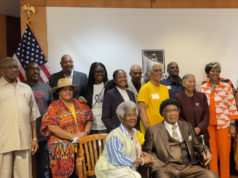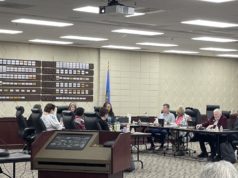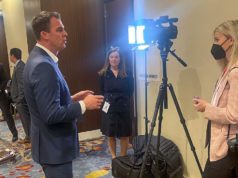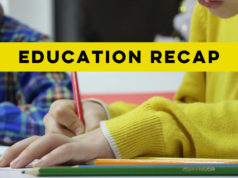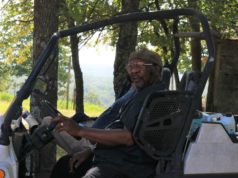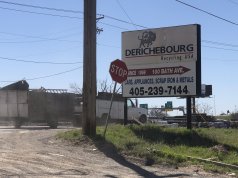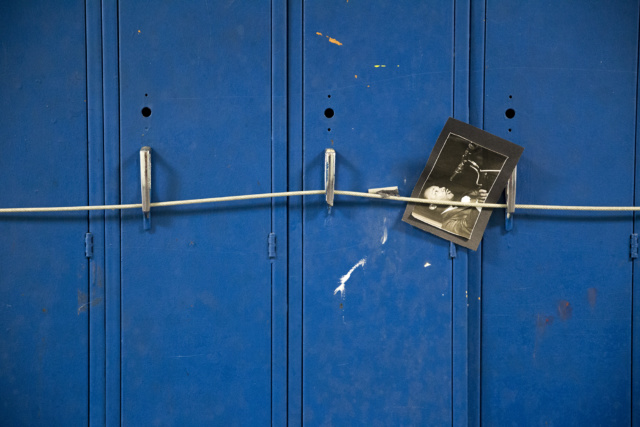

By Lily Altavena and Rose Velazquez
News21
In at least 20 states, lawmakers have stripped locally elected school board members of their power in impoverished, mostly minority communities, leaving parents without a voice – or a vote – in their children’s education, according to a News21 state-by-state analysis of school takeovers.
More than 5.6 million people live in places where state officials took over entire districts or individual schools in the past six years, according to News21 data collected from state government agencies. About 43 percent are African-American and around 20 percent are Hispanic. On average 29.2 percent of people in those areas are living below the poverty level. The U.S. average is 15.5 percent.
In Highland Park, Michigan, where grass grows knee-high around decaying, long-abandoned schools, the state turned the troubled suburban district over to a private company and shut down the city’s only high school.
“As a voter, what do you do when they stole your vote?” said Danielle Floyd, a mother in Highland Park. “I can’t say that we can go out and vote. Because we’ve done that. And it didn’t work.”
In the Delta town of Drew, Mississippi, education advocates say there aren’t enough books to go around four years after state legislators consolidated the small school system into a countywide district.
In Little Rock, Arkansas – a historic symbol of school desegregation – black parents worry that the city’s schools once again are becoming segregated. They say their concerns have fallen on the deaf ears of the state, which removed the city’s school board more than a year ago.
And in New Orleans, the majority of the public schools are under the jurisdiction of the state, but charter companies make most of the educational decisions, a trend that was further accelerated after Hurricane Katrina in 2005. Charter schools are tuition-free, independently operated public schools.
Typically in a school takeover – sometimes referred to as “intervention” – a state will assume broad authority over a district, dramatically reducing and sometimes eliminating the power of a local school board, elected by community constituents.
“It feels like we don’t have much control over our kids’ education and how they’re being educated,” said Lashanda Mayberry, another Highland Park mother, sitting on her front porch just 400 feet from Northpointe Academy, the public school her children used to attend before the building was closed down two years ago.
“One of the big downsides of takeovers is that communities feel and, in some cases, are substantially disenfranchised,” said Kristi Bowman, an associate dean at Michigan State University’s college of law who studies these takeovers. “If we need the community to be a partner with the school district and then we effectively tell the community ‘Hold on, we’re taking away all of your elected representatives,’ that could be really difficult.”
Highland Park, Michigan
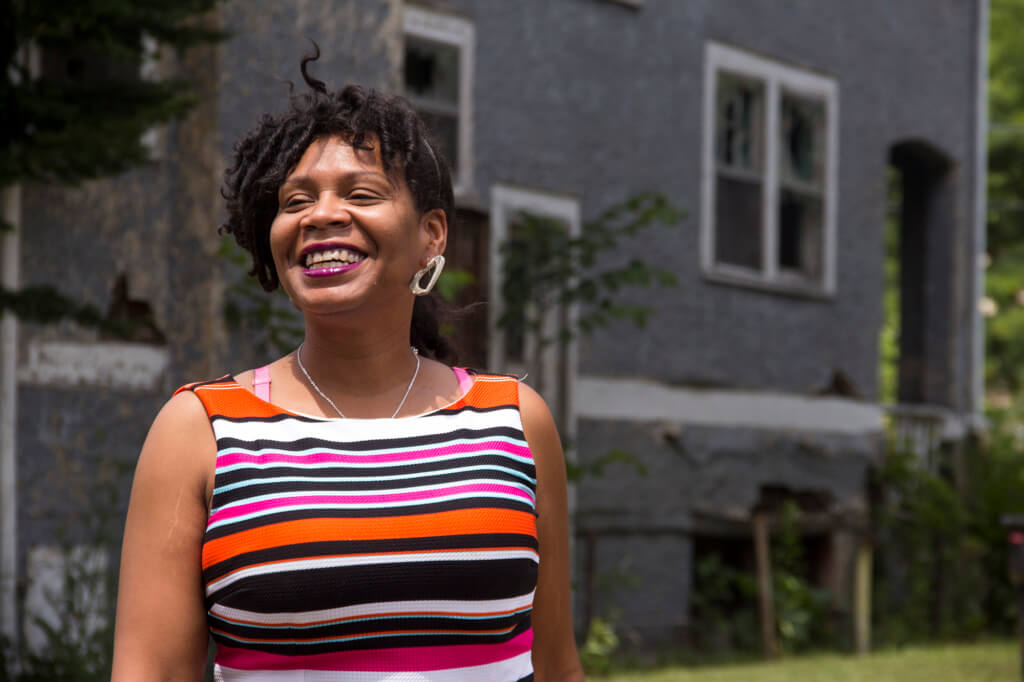
Today, most of Highland Park’s trees are gone. Overgrown, empty lots and burned-out houses outnumber occupied homes on some blocks. The Ford plant stands empty. And parents say Highland Park’s once-proud school district has collapsed, hastened by four years under state control.
In 2012, the district was in “financial freefall,” according to a news release quoting then-state Superintendent Mike Flanagan. A state financial review found that the small district suffered from declining enrollment and an $11 million deficit. The only solution to save the Highland Park School District was to take control of the system entirely, state officials concluded.
Republican Gov. Rick Snyder appointed an emergency manager to run the district under the state’s Public Act 4. The manager was given all the powers of the local governing board.
Highland Park is one of three school districts in Michigan under state control. The others are Detroit itself and Muskegon Heights. These cities are more than 75 percent black, according to census data. Including city takeovers, half of Michigan’s African-American population has been under an emergency manager at some point in the past six years.
“I think one of the things emergency management does, if it doesn’t destroy democracy, it definitely suppresses democracy,” said David Bullock, pastor of Greater St. Matthew Baptist Church in Highland Park. “It suffocates the civic impulse. Why would I be engaged in a process where there’s no accountability for the person who runs the school? The school board has no power.”
Drew, Mississippi
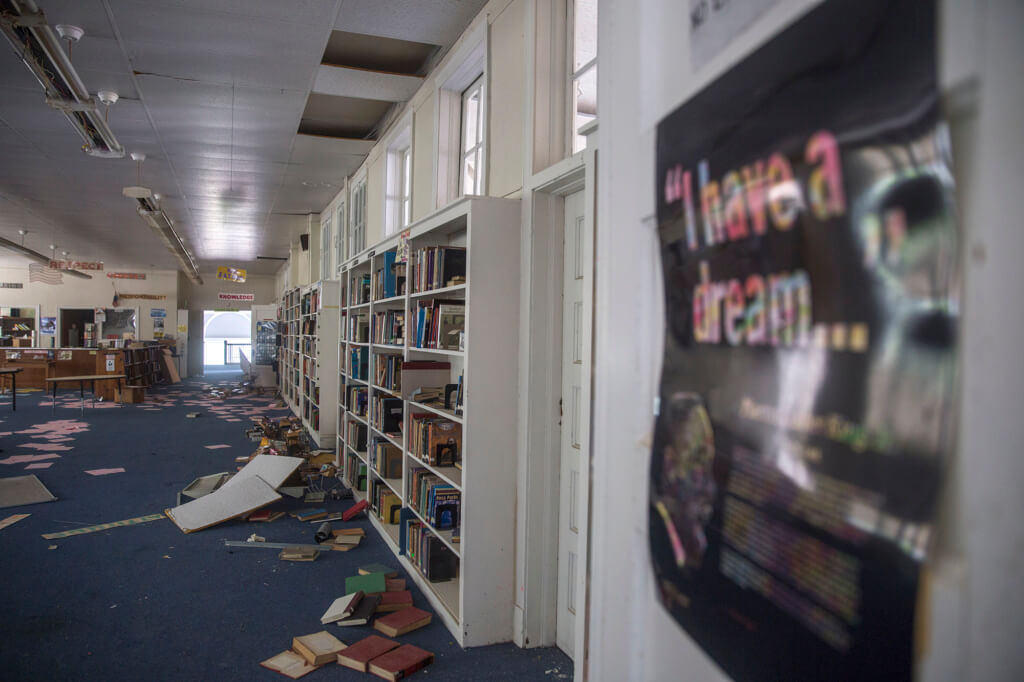
In 2011, when the Mississippi Department of Education took over Drew’s schools, the town’s 540 students used just two buildings. In a proclamation triggering the takeover, the governor declared Drew’s schools in “an extreme emergency situation.” State officials found that poor academic performance and a dire financial situation jeopardized “the safety, security, and educational interests” of the district’s children.
People in Drew don’t deny the district needed help. But the takeover left community members without a say in school operations with a state-appointed conservator at the helm.
In 2009, Gloria Dickerson, an adamant crusader for reconstructing her community, founded We2gether Creating Change, a nonprofit that works with the area’s children. She said she initially wasn’t opposed to the state’s actions but also wasn’t sure whether a state-appointed conservator would improve anything.
“The conservator came and said, ‘This is what we’re going to do,’” Dickerson said. “Those decisions were made outside of the community. The community did not have anything to do with those decisions.”
Little Rock, Arkansas
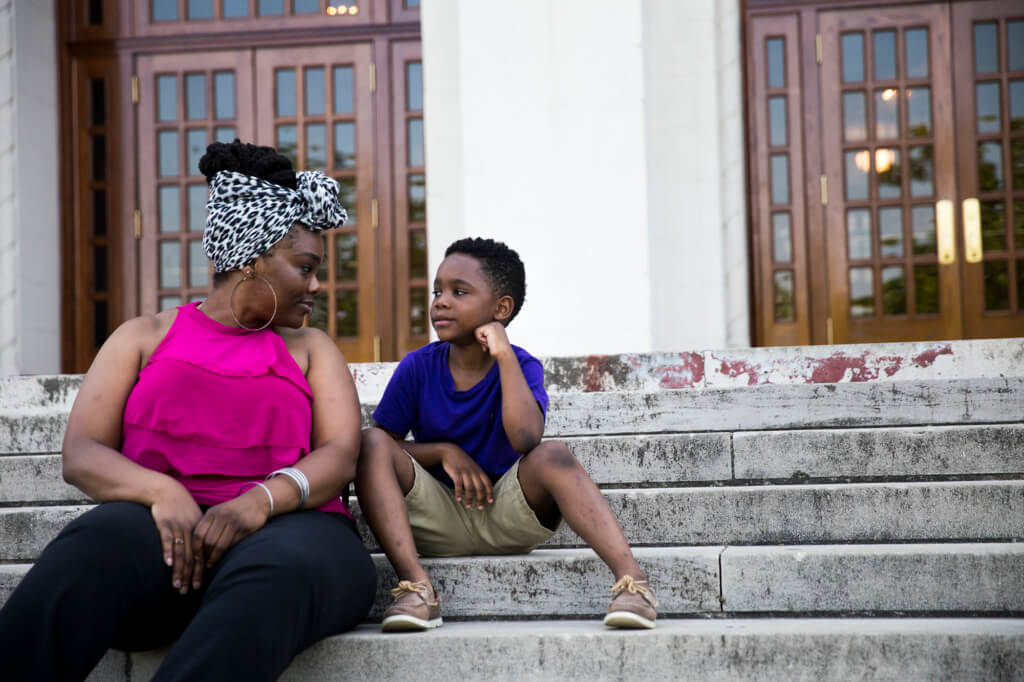
One son, also named Toney, went to Don Roberts Elementary on the far west side of town, while Antonio attended Booker T. Washington Elementary in the center of the city. Roberts is 58.3 percent white, while Washington is 93.8 percent black. They each had dramatically different experiences at school, something Orr said he wasn’t expecting.
Toney used new books. There were on-site counselors, on-site math coaches, and he had a full-time nurse. At Washington, Antonio’s books were secondhand. Math and literacy tutors showed up once a week, or just once a month.
Last year, the Arkansas State Board of Education approved the district’s takeover. At the time, the number of academically distressed schools stood at six out of 48, just more than 12 percent of the district. Students were showing troubling scores on state exams.
Three of those distressed schools are about two miles from one another, in southwest Little Rock, where mostly Hispanic and African-American families live. About seven miles away is Little Rock Central High School, where in 1957 nine black students, surrounded by the National Guard, first integrated the school district.
Orr wants to be involved in the decisions made in the district, and he wants to advocate for equality for all students. But he feels like he can’t. There is no local school board.
“I feel like my rights as a parent is being taken away,” he said. “I feel my rights as a citizen are being taken away. I feel my rights as a taxpayer are being taken away, and the people that I talk to could care less what I’m saying.”
New Orleans
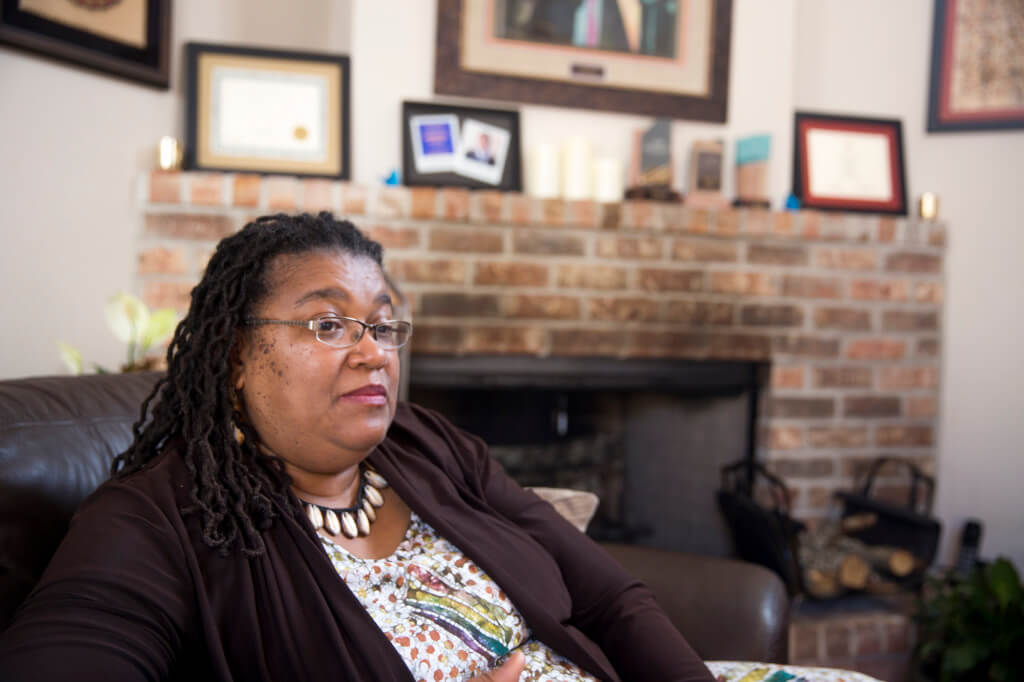
Ashana Bigard, a parent and product of the New Orleans school system, said there had been a noticeable disinvestment in the predominantly black school district. She was ready for schools that reflected the community’s voice, priorities and diverse cultures.
“When we first heard the idea that the schools were being invested in when we were getting this new school system, a lot of folks were very excited, myself included, because we really needed new schools,” she said. “We need more innovation in our schools.”
But the rebuilding that took place in the aftermath of the storm has shifted decision-making power almost entirely out of the hands of New Orleans’ locally elected school board. With schools closed and parents and students displaced, lawmakers revisited the state’s takeover policy, enacting legislation that broadened the state’s definition of “failing schools,” a criterion for takeovers.
State officials from the Louisiana Department of Education could then more easily wrest control of schools from locally elected leaders, especially in New Orleans where the schools were ranked at the bottom of state lists. RSD Superintendent Patrick Dobard said the state takeovers and the RSD’s capabilities are a method “to help drive the visions that are going to best serve kids.”
Karran Harper Royal, a parent and advocate for improved education, was invited to join an RSD advisory committee to offer her input on rebuilding the city’s schools. But she called it “an advisory committee in name only,” because she felt RSD officials ignored her advice. She sees the takeovers as a method for state officials to take away the power of locally elected leaders they don’t like, diminishing the power of the people.
“It makes me think about the period after the Civil War when African-Americans began to get some amount of political control, and then after that, whites basically pushed them out of office and enacted laws to keep African-Americans down,” she said. “It was like the beginning of the Jim Crow period.”
(Editor’s Note: Natalie Griffin contributed to this report.)









